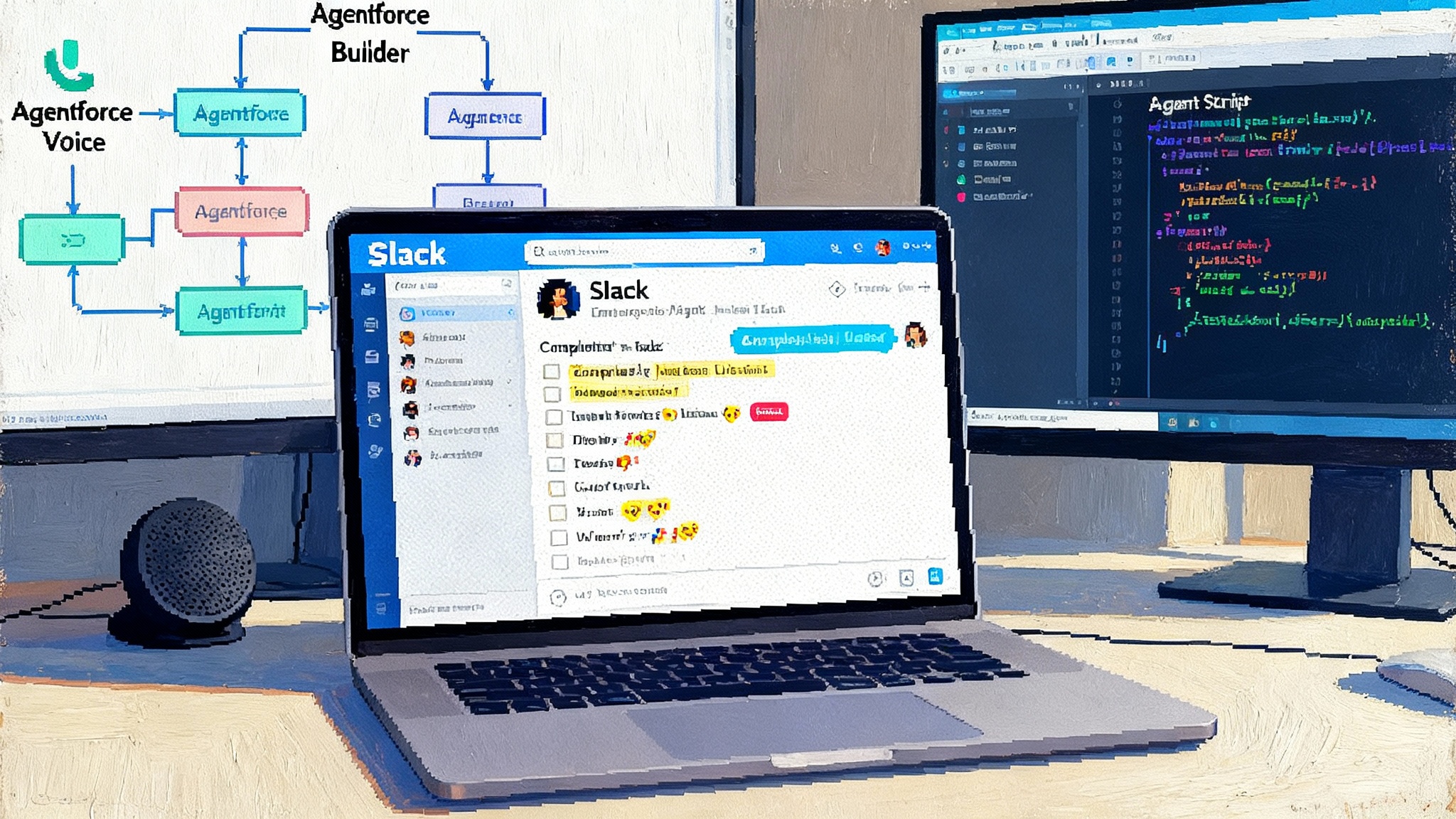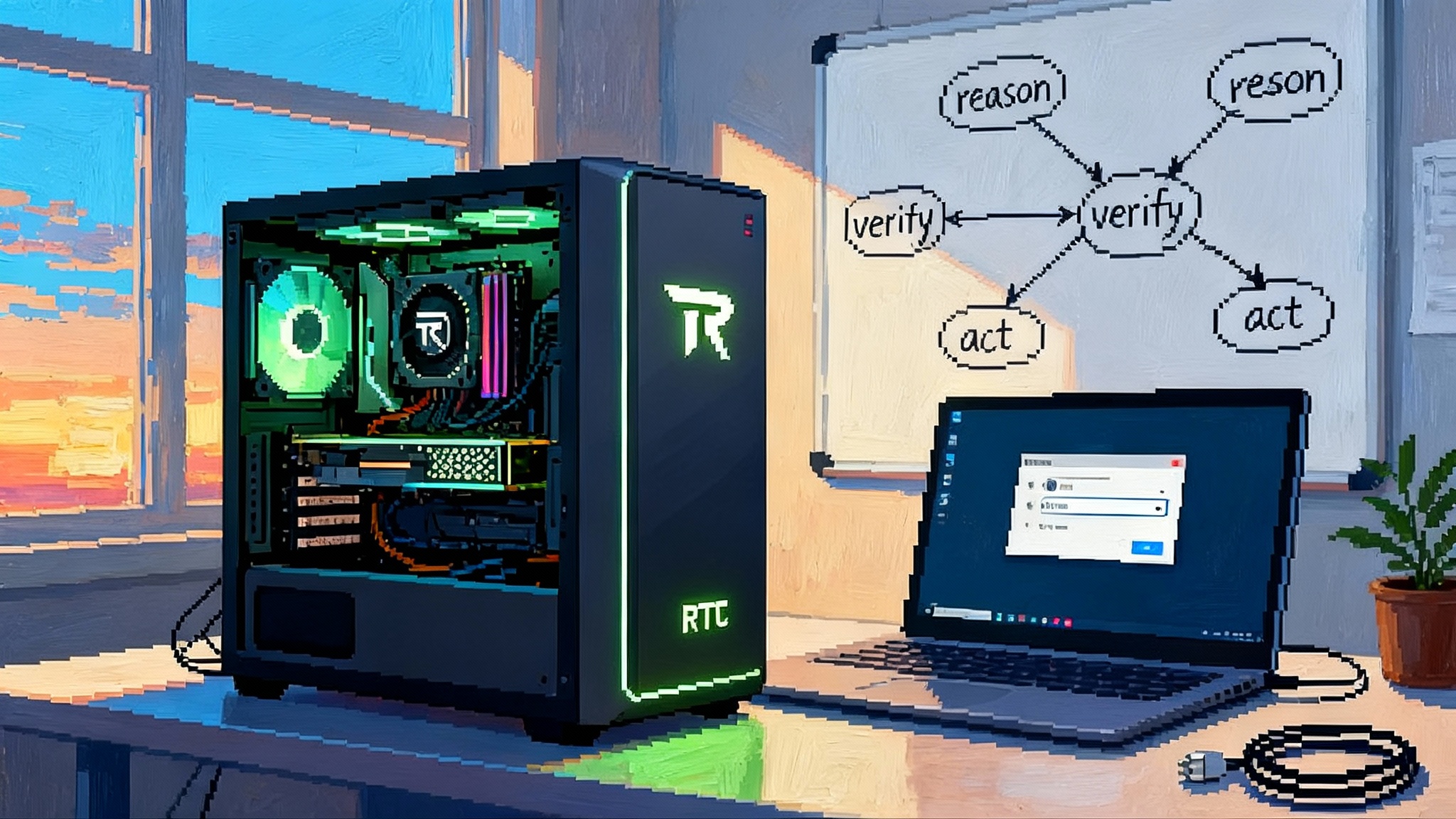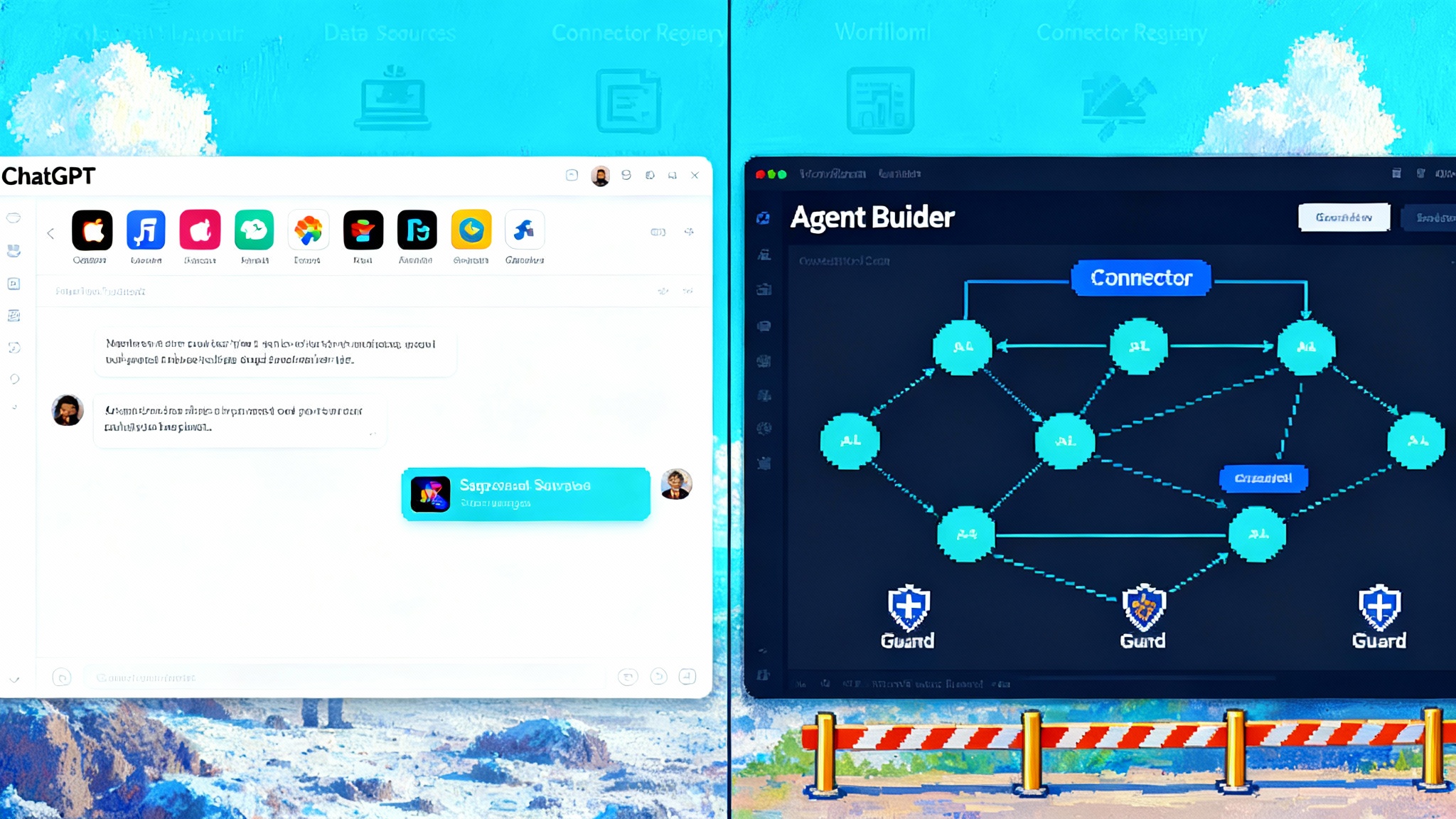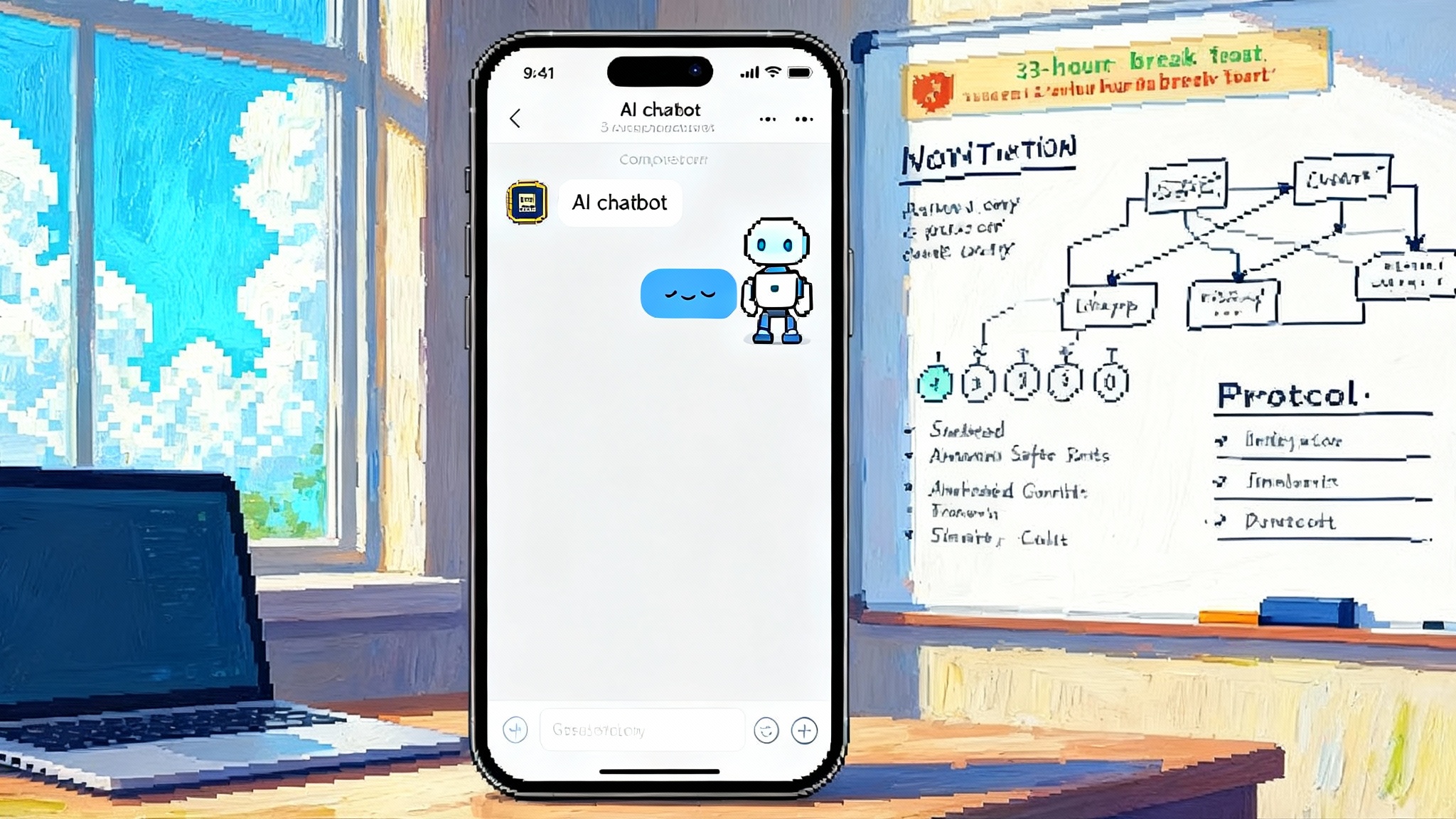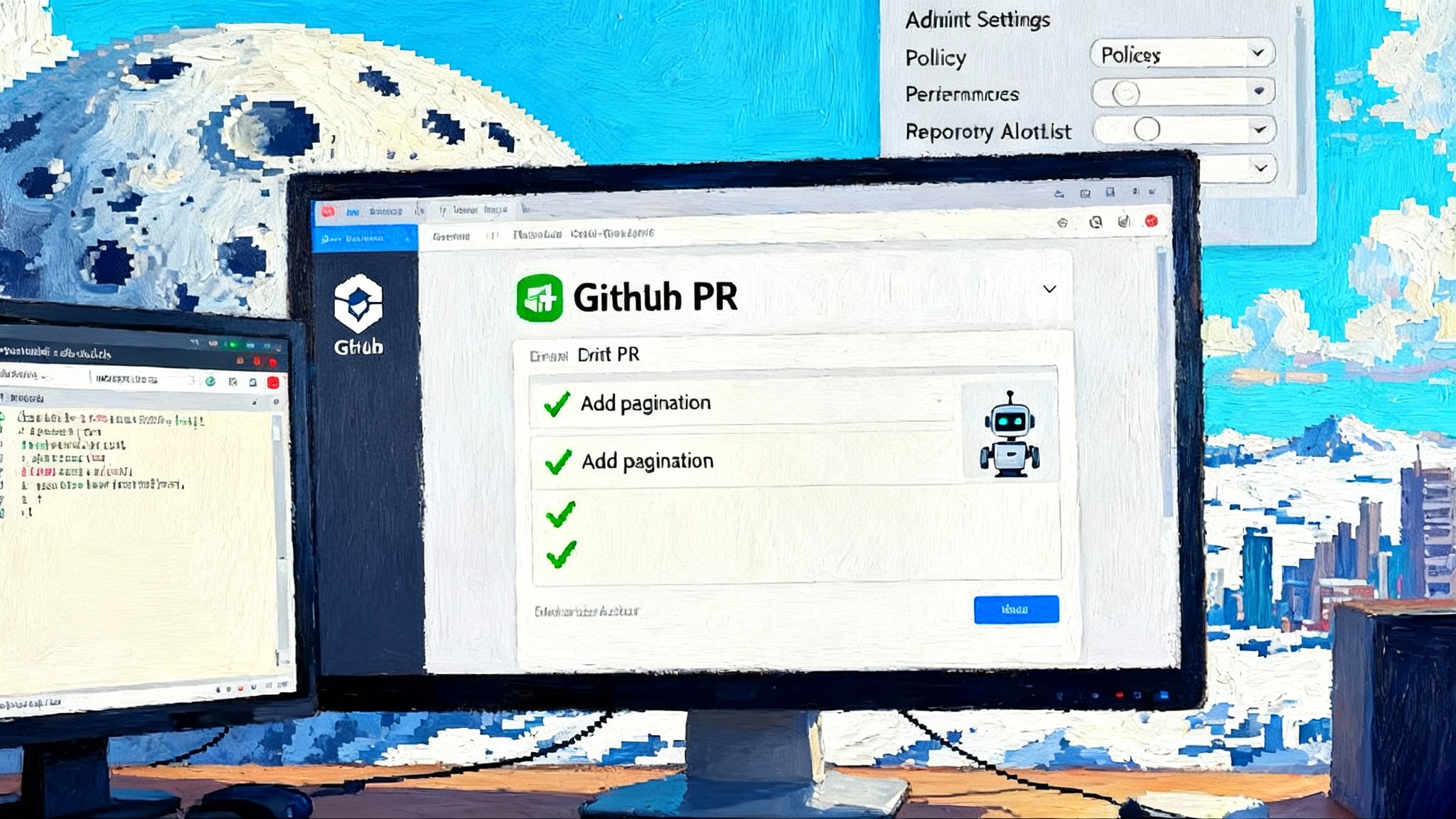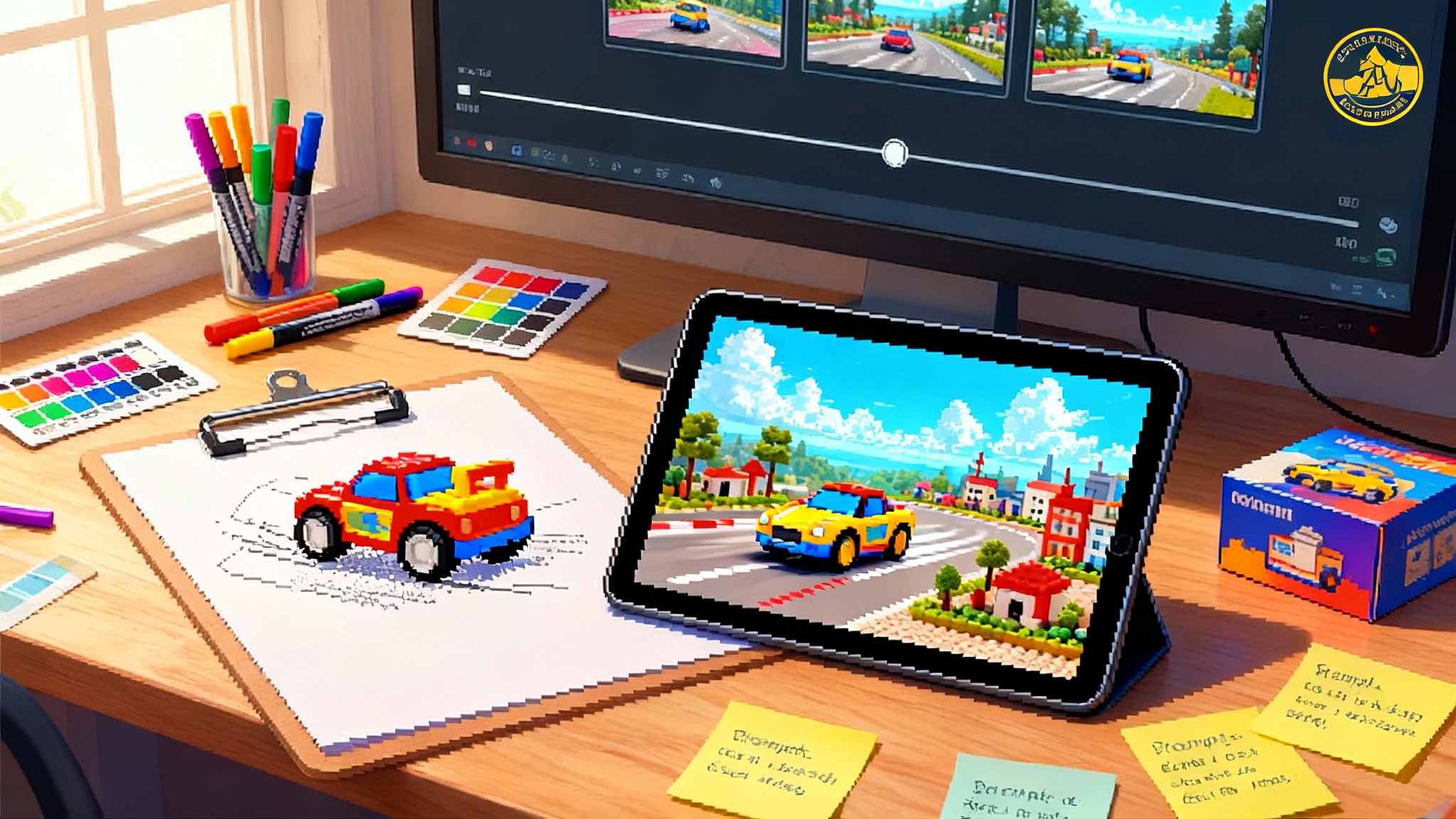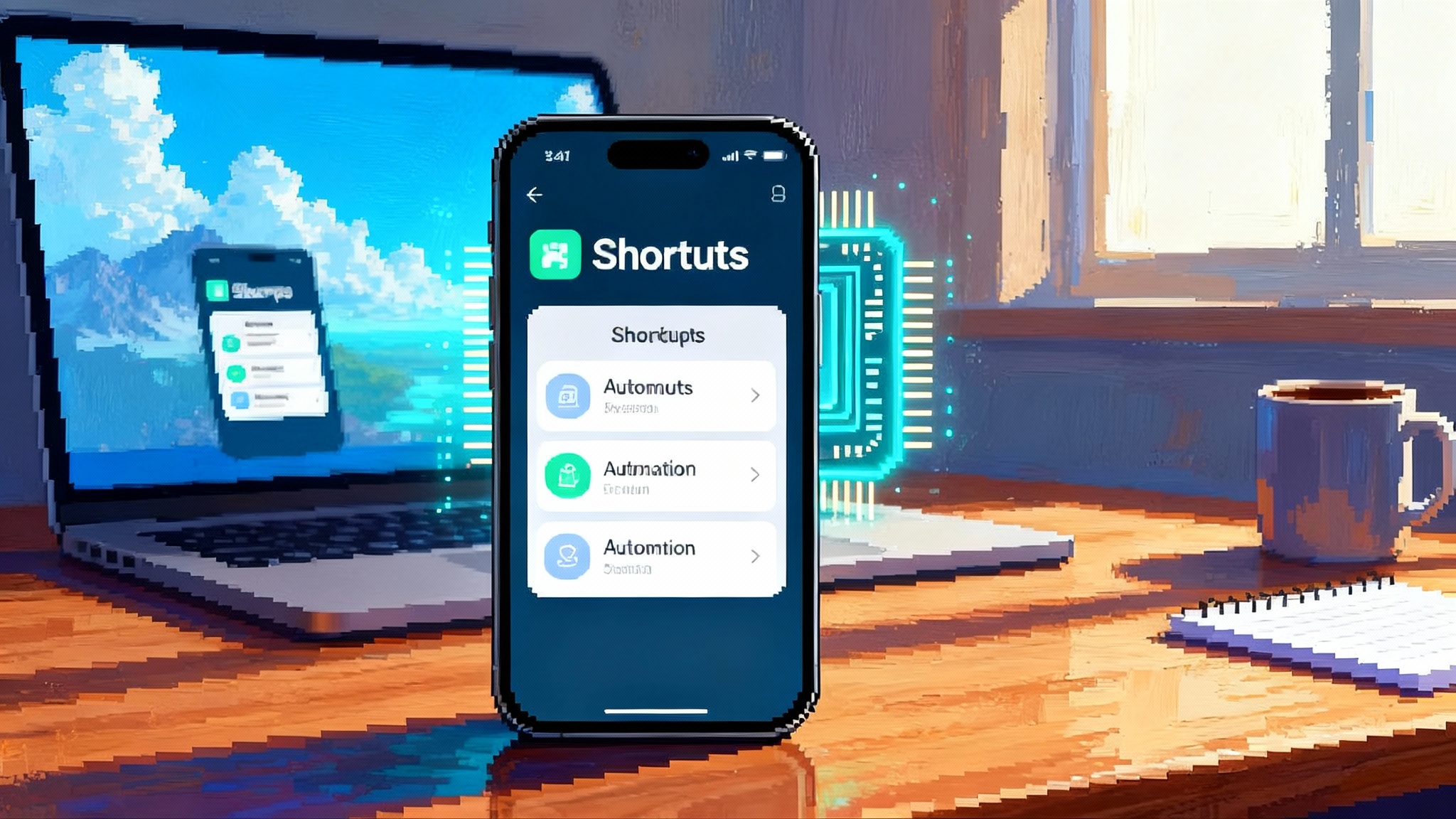 Artificial Intelligence
Artificial Intelligence
Articles under the Artificial Intelligence category.
Gemini in Chrome Turns the Web Into an Action Surface
Google is weaving Gemini into Chrome so your browser can plan, stage, and execute tasks with your permission. Here is what agentic browsing changes for users, developers, and marketers—and how to prepare now.
Alexa+ Turns Your Home Into a Consumer Agent Platform
Amazon’s late September 2025 devices event and the Alexa+ rollout marked a turn from chat to action. With AI-native Echo hardware, Prime-bundled pricing, and new agent SDKs, Alexa+ aims to make the smart home programmable and outcome-driven.
Claude Skills Turn Agents Into Governed Building Blocks
Anthropic’s Claude Skills package instructions, scripts, and resources into reusable, policy-gated modules. They move agents from ad hoc prompts to shareable capabilities that teams can govern, version, and audit.
Copilot Actions: Windows Turns Into the Agent OS
Microsoft just moved agents into the desktop. Copilot Actions bring permissioned, task‑completing agents to Windows itself, redefining consent, reliability, and distribution for developers and enterprises.
Agentforce 360 makes Slack the command line for enterprise AI
Salesforce’s Agentforce 360 brings agent building, governance, and deployment into Slack and Customer 360. See how Builder, Agent Script, hybrid reasoning, and Voice move from chat to execution and what to do next.
Agents on Your Face: Meta’s Ray‑Ban Display and Neural Band
Meta just moved AI agents from your phone to your periphery. Ray-Ban Display smart glasses and the Neural Band turn micro-prompts and subtle gestures into real-world actions you can confirm in a glance.
Reasoning Shock: Test-time Compute Is Rewriting Agents
2025 flipped agent design from brittle scaffolds to models that think, budget, and verify at inference time. Here is how test-time compute, open distillations, and edge acceleration are reshaping costs, architecture, and what you can ship in 90 days.
Figure 03 and the Moment Humanoid Agents Enter the Home
Figure’s third-generation humanoid pairs a Helix vision-language-action brain with a safety-first, home-ready body and a factory plan built to scale. If fleet learning and BotQ deliver, the agentic appliance era may arrive sooner than expected.
AgentKit and ChatGPT Apps: OpenAI’s Agent Platform Moment
OpenAI collapsed the agent stack into one toolkit and opened distribution inside ChatGPT. Here is what AgentKit and the Apps SDK change, who benefits, and a 90 day plan to ship a production agent without lock in.
Visa’s Trusted Agent Protocol ignites agentic checkout
Visa’s new Trusted Agent Protocol lets merchants verify AI shopping agents at the edge. It promises safer, faster checkout, sharper fraud controls, and loyalty that redeems itself, with payment networks back in the driver’s seat.
MCP Wins: USB‑C Standard for AI Agents Becomes the Interop Layer
A wave of 2025 releases turned the Model Context Protocol into the common tool call layer for AI agents across operating systems, clouds, and model platforms. Here is why demos just became deployable products and how to pivot now.
The Browser Is the New API: Gemini 2.5 Rewrites Agents
On October 7, 2025, Google launched Gemini 2.5 Computer Use in AI Studio and Vertex, bringing first class browser automation to AI agents. Here is why the browser is becoming the new API and how it will reshape automation, testing, and SaaS design.
California’s Chatbot Law Will Rewrite Agent User Experience
Signed on October 13, 2025, California’s SB 243 requires companion chatbots to disclose AI identity, follow self-harm protocols, add minor safeguards, and publish annual safety metrics starting July 1, 2027. Here is what product, design, and engineering teams must change now.
GitHub’s Copilot Agent Goes GA, PR-Native Coding Arrives
GitHub’s Copilot coding agent is now generally available with pull request native automation, enterprise policies, and Actions-powered sandboxes. Use this 30‑day rollout plan to deploy it safely and see what it means for 2026.
Agents That Can Spend Arrive: ChatGPT Checkout and UPI
OpenAI added a Buy button inside ChatGPT and India launched a UPI pilot that lets the assistant complete payments. Here is how agentic checkout works, why it will scale first, and what retailers should do in the next 90 days.
Dreamforce's Voice‑Native Agents Signal the AI Labor Shift
Salesforce is adding native voice and hybrid reasoning to Agentforce, setting a practical path from demos to revenue in customer service and CRM. Here is what leaders can deploy in two quarters and how to measure impact.
Sora 2 goes enterprise: AI video is the new product pipeline
At DevDay on October 6, 2025, OpenAI launched Sora 2 with synchronized sound, finer control, and a dedicated app, moving AI video from demo to daily tool. Inside enterprises like Mattel, sketches now become shareable motion briefs in hours, reshaping budgets, workflows, and governance.
Apple’s on‑device agents make private automation mainstream
On September 15, 2025, Apple switched on Apple Intelligence's on-device model and new intelligent actions in Shortcuts. That update turns iPhone, iPad, and Mac into private agents that work offline, act fast, and raise the bar on privacy.




